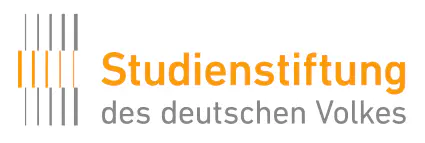Action-Guidance – Must Moral Theories Tell Us What to Do?

It is often claimed that moral theories must not only provide a criterion of rightness, i.e. specify if and why actions are (morally) right or wrong, but should also provide a decision-procedure, i.e. be action-guiding in a robust sense. A moral theory is – roughly put – taken to be action-guiding in this sense if it can be used by all agents to identify the actions they ought to perform in particular situations. Whether one accepts such a usability demand may crucially influence which moral theory one is prepared to accept and is consequently highly relevant for (normative) ethics. The demand for usability is often accepted, but both its specific content and its source have received comparatively little attention in philosophical discussions. The state of research is therefore characterized by an imbalance between the small amount of in-depth investigation that has been done with respect to the usability demand and its importance for philosophical ethics. It is the aim of this PhD project to remedy this lacuna by systematically investigating the usability demand. I am optimistic that this will not only allow us to arrive at a better understanding of the usability demand but also shed some light on how we should assess moral theories and hence pursue ethics more generally.

